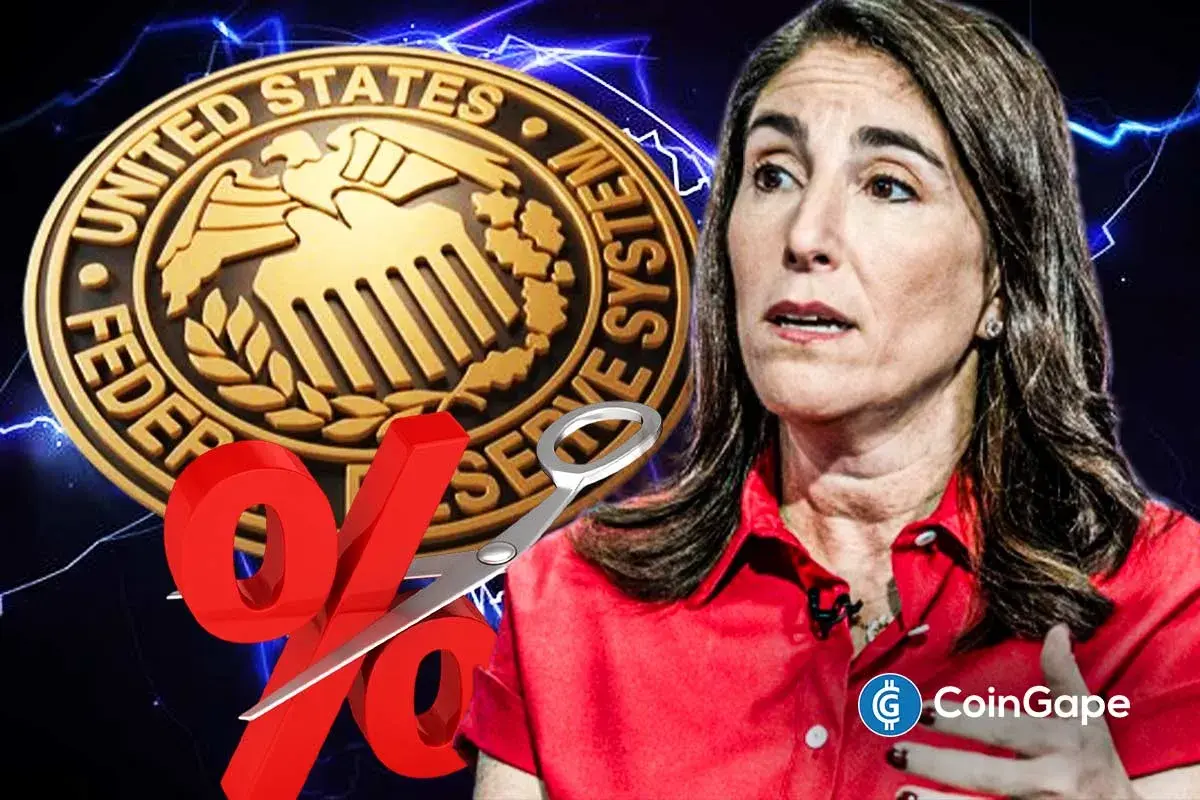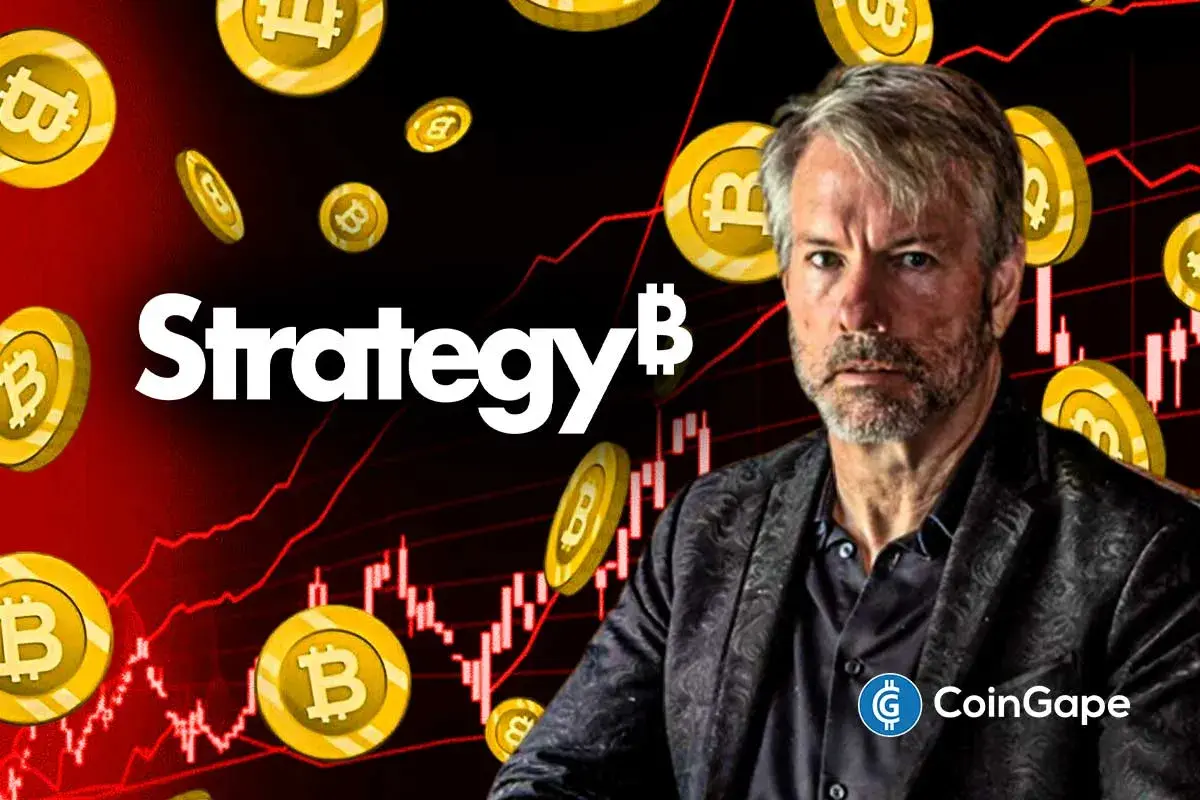NZ Commerce Minister Calls for Digital Asset Regulation Shake-up

Highlights
- Commerce Minister Andrew Bayly calls for significant reform in New Zealand's digital asset regulation.
- Conflicting perspectives arise as Reserve Bank Governor Adrian Orr questions the viability of CBDCs and cryptocurrencies.
- Increased surveillance efforts aim to combat fraudulent activities targeting New Zealand citizens in the crypto sector.
New Zealand’s Commerce Minister, Andrew Bayly, has called for a significant overhaul of the country’s digital asset regulation framework. This move comes amidst concerns over the slow adoption and experimentation rate within the digital asset space in the country.
Currently, New Zealand’s approach to digital asset regulation is perceived to be lagging behind, prompting Minister Bayly to highlight the urgent need for reform. The existing “wait and see” approach has been criticized for potentially hindering the country from fully capitalizing on the benefits offered by the digital asset industry.
Minister Bayly’s office has put forward eight key recommendations aimed at revitalizing New Zealand’s digital asset regulatory landscape. These recommendations include policies to foster digital asset and blockchain development, collaboration between the government and industry stakeholders, and addressing skill shortages through immigration and educational initiatives.
Contradictory Views on CBDCs and Cryptocurrencies
The debate surrounding central bank digital currencies (CBDCs) and cryptocurrencies has intensified in New Zealand, with contrasting viewpoints emerging from Commerce Minister Andrew Bayly and Reserve Bank Governor Adrian Orr.
Minister Bayly has advocated for the development of an in-house CBDC and supportive regulatory measures to enhance New Zealand’s position in the digital asset space. However, this stance contradicts Governor Orr’s skepticism towards CBDCs and criticisms of cryptocurrencies’ stability and viability.
Governor Orr has raised concerns about the feasibility of CBDCs as a substitute for fiat money and highlighted the inherent instability of cryptocurrencies. He has also criticized stablecoins, emphasizing their dependence on the balance sheets of issuing entities.
Also Read: VanEck’s Strategic $64M ETH Stake Sparks 13% Ethereum Price Surge
Increased Surveillance on New Zealand’s Crypto Sector
The Reserve Bank of New Zealand has intensified its surveillance efforts on the crypto sector in response to growing concerns about fraudulent activities and impersonation scams targeting New Zealand citizens.
Several warnings have been issued against crypto fraudsters and impersonators by the country’s financial watchdogs. Entities like Krypto Security, Bay Exchange, and the unlicensed BTCSWE clone have been flagged for engaging in fraudulent activities targeting unsuspecting consumers.
Recent developments include the identification of an unlicensed crypto exchange clone of BTCSWE and Grandeur Capital Pro, further highlighting the prevalence of fraudulent activities in the crypto sector. Legitimate entities like BTCSWE have confirmed being impersonated as part of wider recovery scams.
Also Read: US Senators To Introduce New Stablecoin Legislation This Week, What Will Change?
- $3.5T Banking Giant Goldman Sachs Discloses $2.3B Bitcoin, Ethereum, XRP, and Solana Exposure
- Why is XRP Price Dropping Today?
- Breaking: FTX’s Sam Bankman-Fried (SBF) Seeks New Trial Amid Push For Trump’s Pardon
- Fed’s Hammack Says Rate Cuts May Stay on Hold Ahead of Jobs, CPI Data Release
- $800B Interactive Brokers Launches Bitcoin, Ethereum Futures via Coinbase Derivatives
- Bitcoin Price Analysis Ahead of US NFP Data, Inflation Report, White House Crypto Summit
- Ethereum Price Outlook As Vitalik Dumps ETH While Wall Street Accumulates
- XRP Price Prediction Ahead of White House Meeting That Could Fuel Clarity Act Hopes
- Cardano Price Prediction as Bitcoin Stuggles Around $70k
- Bitcoin Price at Risk of Falling to $60k as Goldman Sachs Issues Major Warning on US Stocks
- Pi Network Price Outlook Ahead of This Week’s 82M Token Unlock: What’s Next for Pi?
















